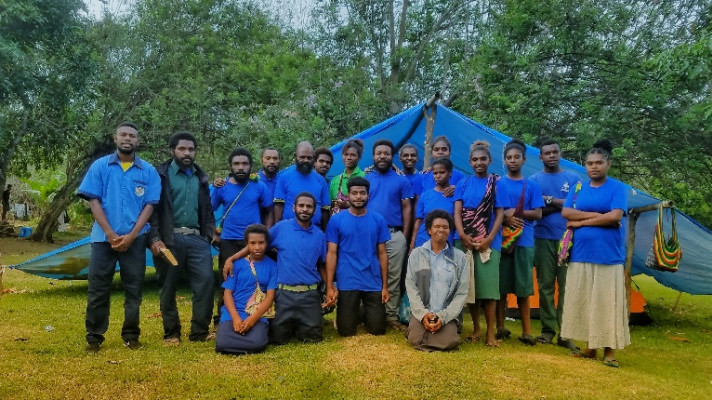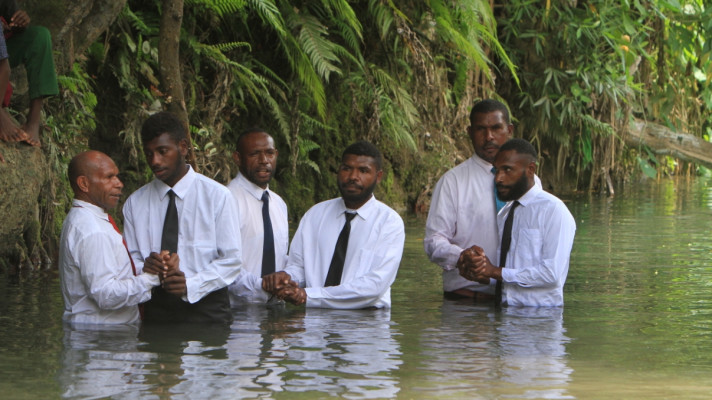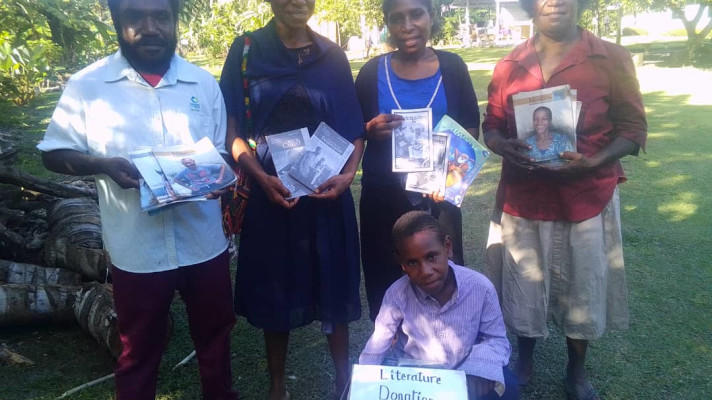My Circle of INFLUENCE
The goal of the General Conference Public Campus Ministry is to see young people grounded in the mission of Jesus Christ and the Seventh-day Adventist Church, and able to reach and engage their fellow campus students in life-long relationships with Jesus. Furthermore, Public Campus Ministry not only concerns itself with nurturing students but also supporting Adventist professors and others who work at public campuses. We work together in collaboration with the Divisions, Unions, Conferences, and attached fields to help accomplish this because we know that one of the best ways to keep youth and young adults from leaving their faith as college students is to train and permit them to lead. Young people are valuable participants in this ministry. We all look to the local church as the real home of public campus ministry.

I MODEL JESUS' COMPASSION ON CAMPUS Pastor Xolisa Swartz Cape Conference, South Africa
Aim
Students become aware that compassion, and the comfort that only Christ can bring, is essential to their Christian journey—on and off their campuses. It is to inculcate the significant meaning of compassion, that it does not mean feeling sorry for others, but reaching out so that they can understand the Man of Galilee deeply.
Introduction:
There is no story that holds me than that of Irvine who attended a university away from home and who stayed with non-Adventist family friends. On Sabbaths, instead of returning home for lunch he would linger alone on campus. He grew a bit lonely as he watched everyone dashed into their rooms or got together in groups for lunch. Observing this, he decided to ask a friend to prepare Sabbath lunch for them, and he would contribute to the expense. This Sabbath fellowship over meals grew to include not only fellow believers—who were initially going back to their rooms to have bread for lunch—but non-Adventist visitors as well. Compassion can spread the gospel from one's need, to sharing—not just food, but the gospel.
Matthew 9:36-38 is today's Scripture reference.
But when He saw the multitudes, He was moved with compassion for them, because they were weary and scattered, like sheep having no shepherd. Then He said to His disciples, “The harvest truly is plentiful, but the laborers are few. Therefore, pray the Lord of the harvest to send out laborers into His harvest.”
Can you imagine you are at church, school, a concert, actually it can be anywhere, and you have the ability to look around and see ALL THE PROBLEMS that everyone is having—all at the same me? Well, Jesus could. He could look in a crowd and see who was stressed, broken-hearted, happy, sad, oblivious, suffering, annoyed, or uncomfortable—all at the same me. All hearts were like an open book, opened to His scrutiny, as well as His tender gaze. In today's Bible text, we see that the main emoon expressed is compassion. Jesus felt compassion.
If we could sum up the whole character of Christ in reference to ourselves, it can be concluded thus: “He was moved with compassion…” Belief holds that all students attend university prepared from their own backgrounds, but on close inspection a whole excess of complexities can be detected through the fearful reactions that stick out. The best way to perceive them is through the eyes—open enough to see through, ears—alert enough to hear through silence, hands so extended that they reach another hand easily and feet—so that willing they reach deep and far.
One theologian and commentator has a way to define Jesus Christ and compassion. Interpreting the Apostle's experience of Jesus, he says: “I suppose that when our Savior looked upon certain sights, those who watched Him closely perceived that His internal agitation was very great, His emotions were very deep and then His face betrayed it. His eyes gushed like fountains with tears, and you saw that His big heart was ready to burst with pity for the sorrow upon which His eyes were
gazing.” C.H. Spurgeon, (The Compassion of Jesus, Hope Messages in Times of Crisis). Please note that the eyes through which Christ gazed were eyes of grace and compassion. Eyes of compassion looking around at the scattered sheep, confused, broken, mangled, and distressed.
So, as we gaze around us, let us remember Jesus touches us every moment with compassion, let us in turn touch others through His compassion. Let us grow in Christ-likeness. As Seventh-Day Adventists on public campuses we sometimes see pain and brokenness that we do not experience at many of our Seventh-Day Adventists educational institutions. Let us remember that Christlike compassion will move us to meet .
COMPASION
For the Greeks, the abdomen was the seat of the violent passions of anger and lust. The Hebrews understood it to be the center of tender affections, such as kindness and compassion . In villages, the same forms of speech (Bailey, 2005, p. 68) remain, when a villager hears an especially moving story of suffering, he might say 'You are cutting up my intestines', or when a close relative or friend leaves his companions will say, 'Do not cut up my intestines', meaning I will be deeply hurt by your absence if you leave us (Bailey, 2005, p. 68). Jesus sees the crowd and is moved with 'compassion' for whatever (potentially) that he sees will happen to the individuals. As students, we ought to have perceptive eyes, see through the smiles hiding the pain, glee covering the brokenness, and hard work that masks loneliness.
In 1 John 3:18 we read, “My little children, let us not love in word or in tongue, but in deed and in truth.” (New King James Version) Christlike compassion is more than just an emotional response, it is more than pitying someone who is in trouble. Compassion is much more that.
Compassion moves us to the very depth of our being. It hurts us on the inside. The feeling is so deep that we cannot hold it in, we MUST DO SOMETHING, we MUST MOVE TO ACTION. We cannot have compassion without action. The greatest example of compassion is Jesus so we MUST MEASURE our compassion against that of Jesus. The closer we draw to the heart of our Father as students, the more we will reflect His heart to those around us. Yes, commit today to be compassionate to others. Compassion in action will impact our campuses and woo young people back to God.





